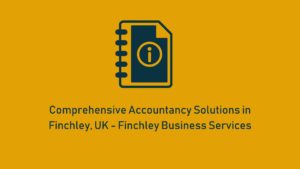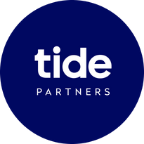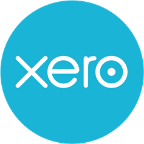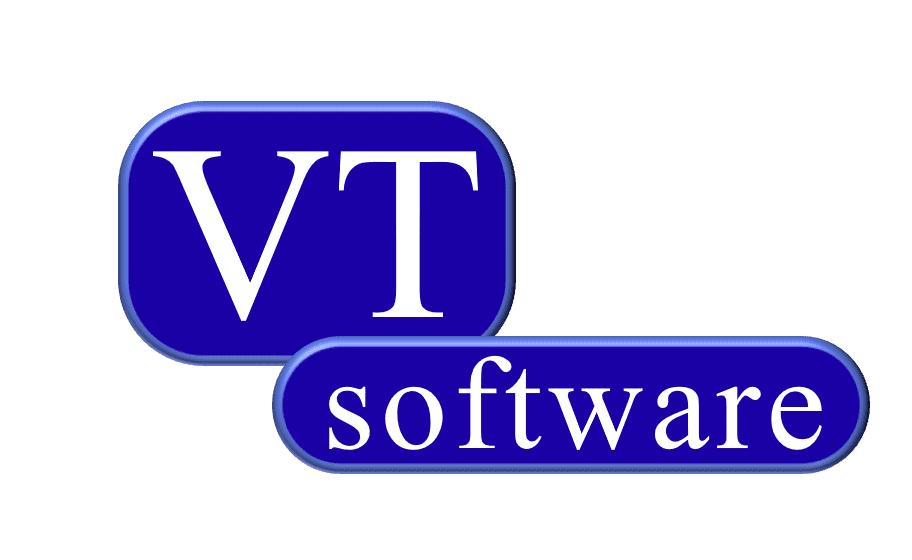Self-assessment is a system implemented by HM Revenue and Customs to assist in the collection of income tax from individuals and companies.
In addition to the automatically deducted tax on salaries, pensions, and savings, UK citizens must disclose any other income through a tax return to HMRC. This includes earnings from self-employment, tips, and gifts. Many of the extra sources, however, have a minimum level below which you are not required to disclose.
Many people and businesses put off dealing with their self-assessment tax returns until it is too late.
In fact, for some, it has become a habit. Why wait until the last minute when there are significant advantages to filing your taxes early? When the deadline for filing a tax return approaches, the normally quiet HMRC offices become quite busy. When January 31st approaches, normally easy-to-contact support desks become nearly difficult to reach.
FAQ For Self Assessment
With HMRC specialists almost unavailable online as the self-assessment deadline approaches, many individuals resort to internet social media sites for solutions. Surprisingly, many began their queries by referencing HMRC’s on hold music, which they had to listen to for several minutes while waiting for an answer. The following is a compiled list of the five most commonly asked self-assessment questions:
Is it possible for me to file a self-assessment tax return?
You must file a tax return if you have additional income other than wages or a pension. Go ahead and file your tax return if the following happened during the previous tax period:
- You were self-employed.
- Your untaxed income was greater than or equal to £2,500.
- You earned at least £10,000 through savings or dividends.
- You made money by selling a charged asset, and
- You are the CEO of a successful company.
How do I know the amount I owe HMRC?
If you input all of the information correctly and used the right tax code, the self-assessment system will automatically compute and show the amount you owe, including tax and National Insurance. It is critical to double-check the information before confirming it. Finally, hit the button to print a printed copy of your computation for future reference.
How can I register for self-assessment?
Self-assessment registration is done online. Before you can obtain a 10-digit unique code from HMRC, you must first confirm your identity. You will then register for HMRC’s online services in order to activate your account. You should register as soon as possible so that you have enough time to finish your tax returns before the deadline. If you’re having trouble with the procedure, consider hiring an expert from an online accounting business like FBS Accountants.
Forgot my user password, what can I do?
Forgetting or forgetting your password is a common occurrence. Every tax year, hundreds of people request new passwords. You may restore your password in two ways: online or by mail. Whatever path you choose, you must have your user ID and service information on hand. You can always contact HMRC for help.
When should I complete my 2017/2018 self-assessment tax return?
Choose to do this before the 31st of January 2019 to avoid any fines.
How We Can Assist
Are you unfamiliar with the entire or a portion of the self-assessment tax return? For experienced advice, contact FBS Accountants. We are a one-stop shop for the greatest online accounting services for companies in a variety of sectors. If you have been fined, we can still assist you in appealing the basis for the self-assessment penalty. Connect with us for high-quality, low-cost bookkeeping, payroll, and consulting services.
For more information about how FBS Accountants can help your business, get in contact with us today call: 0204 526 5195 or drop us a line hello@finchleybusiness.co.uk







